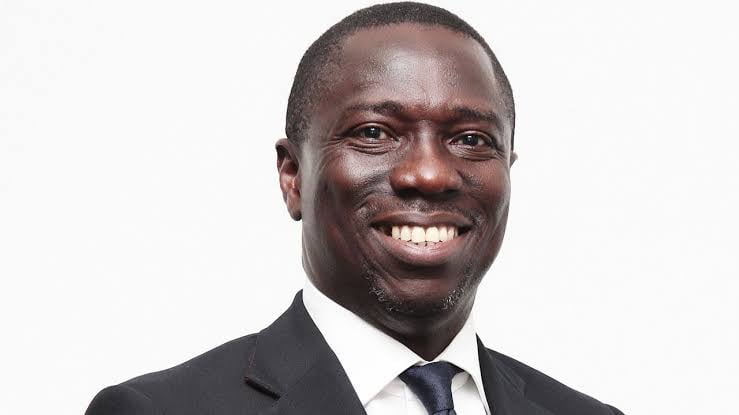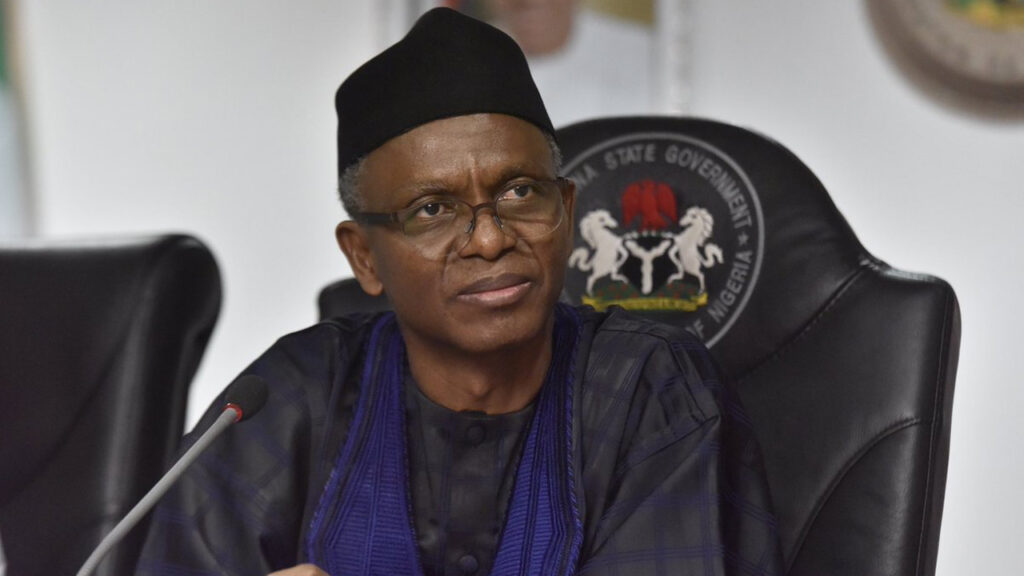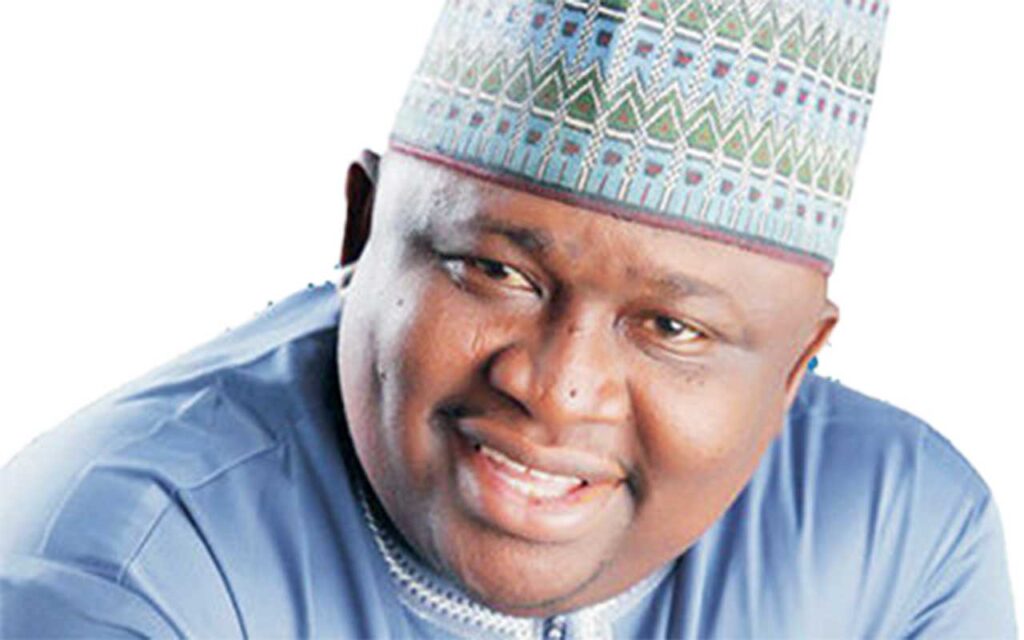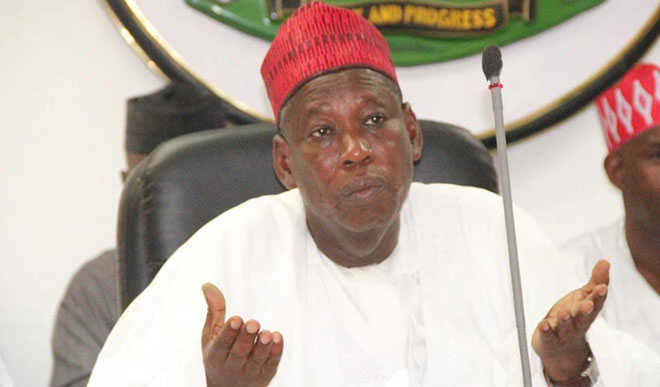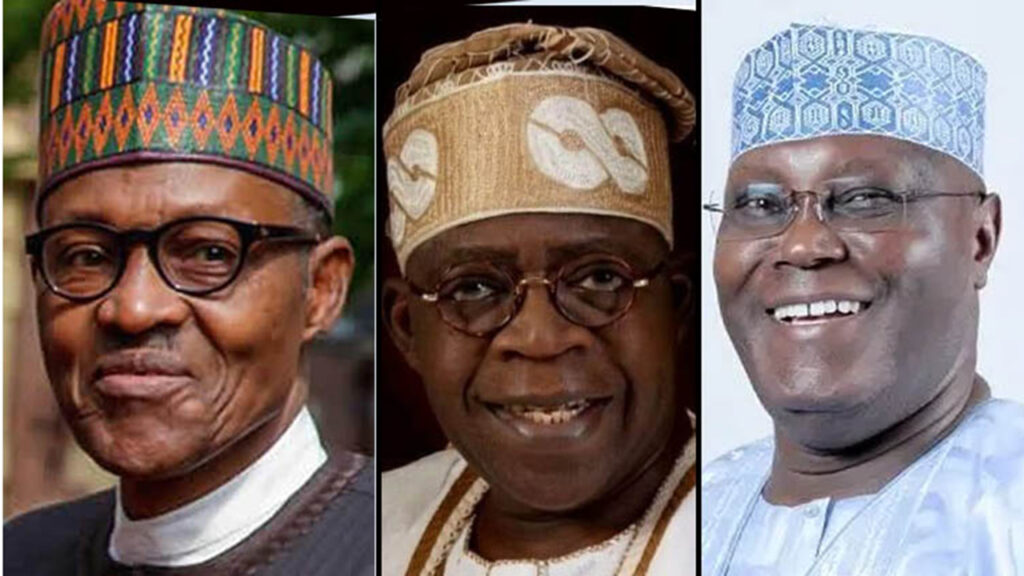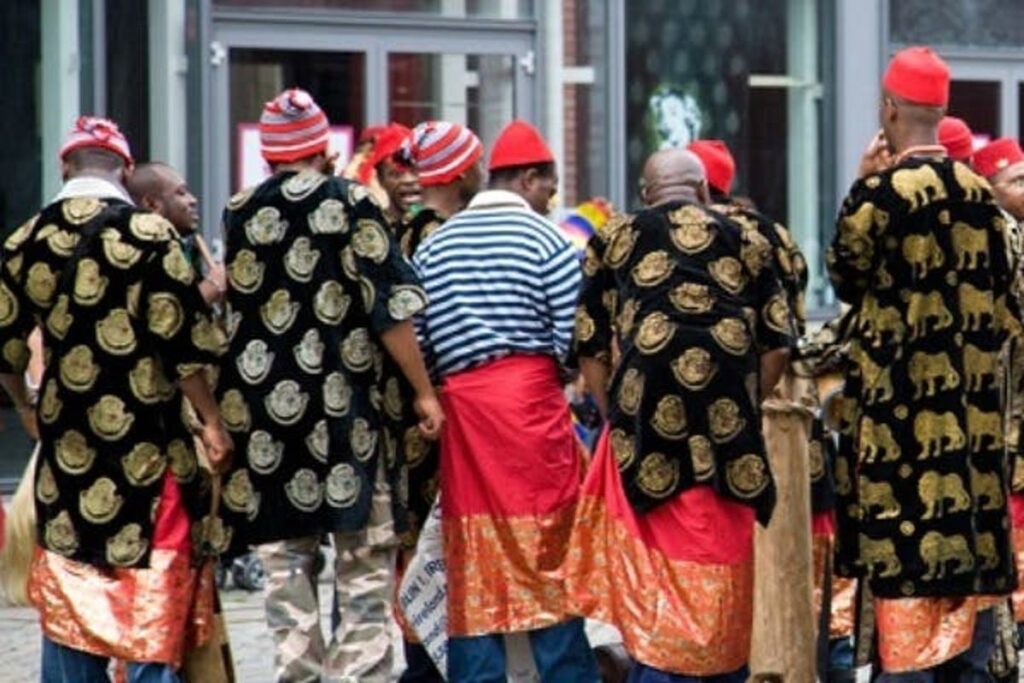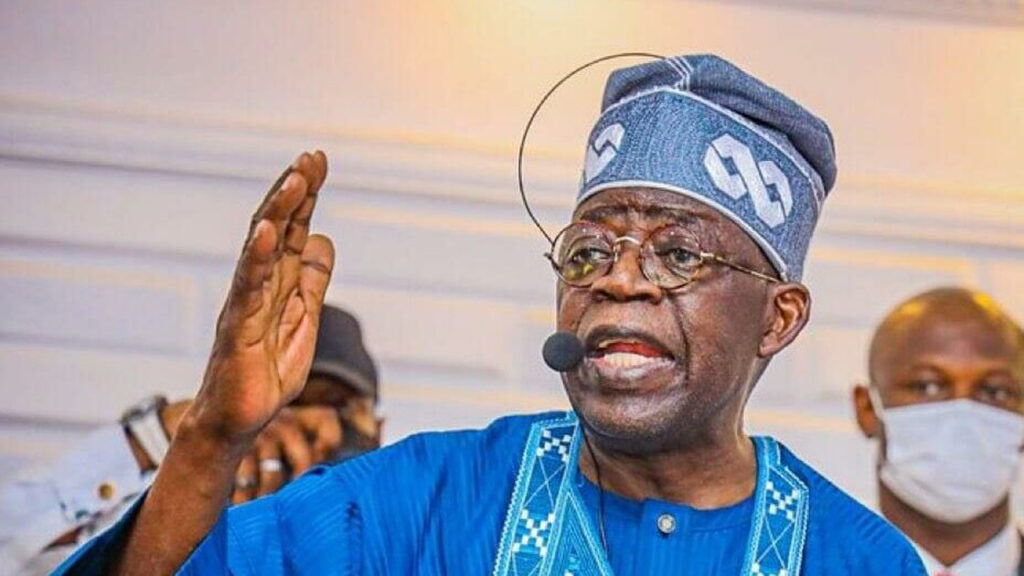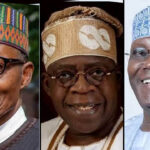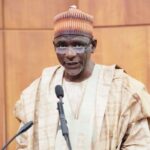
President Muhammadu Buhari rode to power in 2015 largely due to widespread discontent among the population with the nation’s socio-economic fortune and worsening security situation. Following his victory at the polls after three attempts, he took the oath of office, promising to fix pervasive insecurity, end insurgency in the north, tackle corruption headlong and make the country prosperous again.
Now in his sixth year in the saddle, having won a second term in office in 2019, President Buhari has, in as many speeches, reiterated these focal points of his administration, mouthing recommitments with verve.
In the latest of the President’s platitudes delivered as New Year message, he recalled one of the pledges made recently that as President and Commander-in-Chief, he would ensure that the nation’s challenges were faced head-on with renewed determination and with all the appropriateness and urgency required.
According to President Buhari; “In securing this nation, we need to secure the future of our youth. Our young people are our most valuable natural resource, at home and abroad. Their ingenuity, creativity, innovation and entrepreneurial spirit are evident to all. Many of our young people are excelling in various spheres of life including sports, entertainment, information and communication technology, and commerce and are globally recognized as achievers.
“As a government, we are committed to actively engaging with the creative energies of our young people. In this regard, we will partner with the legislature to develop an enabling environment to turn their passions into ideas that can be supported, groomed and scaled across regions. This will create vast opportunities in fintech, agriculture, business process startups and in the entertainment industry.
“The year 2021 will indeed be a year where we will work to reinforce the hopes of fellow Nigerians in the vision of a united and progressive Nigeria. This administration would continue focusing on delivering key strategic priorities under our SEA (Security, Economy and Anti-Corruption) Agenda.”
However, indicators from various segments of the polity and across the country have progressively shown that the president and his lieutenants have consistently been falling short of promises made to the citizenry. The situation is made worrisome by the administration’s seeming penchant for resistance to positive suggestions on how to better govern and steer the nation off the precipice.
Insecurity has remained the greatest source of worry for Nigerians for almost all of President Buhari’s time in office. From its concentration in the Northeast in form of Boko Haram insurgency in the early years, it has spread to virtually all regions and morphed into other equally deadlier forms of insecurity.
Aside from kidnapping and highway robbery, the conflict between nomadic herdsmen, cattle rustlers and farmers have also expanded to other parts of the country with an escalation in the spate of violent clashes leaving deaths in their trail, with entire villages being burnt down on the one hand, and animals and farmlands being destroyed on another. This is just as the borders have remained porous and open to infiltrations of all shades of characters, insurgents included.
In the south, there have been increased waves of agitations by self-determination and/or socio-political groups. These have manifested in agitations by militants in the Niger Delta region, violent protests in the Southeastern part of the country by pro-Biafra groups for the establishment of a Sovereign State of Biafra, and muffled calls in the Southwest by splinter youth groups for the secession of the region.
Lately, the president drew the ire of the public by saying that only God could effectively police the Nigerian-Niger border, one of the nation’s weak security links. Most of the commentators said the president’s statement was an indication that he had been overwhelmed by insecurity and other problems in the country.
Many security experts have noted over time that Nigeria is largely an under-policed state, suggesting the need to swell the number significantly. Others have suggested adoption of more effective forms of policing, mainly community policing. Issues of welfare and provision of adequate equipment for the Nigeria Police Force (NPF) and indeed the Nigerian Armed Forces have also been mooted. But not one of these suggestions has been prioritized by the administration.
Expectedly, government’s failure to heed advice on security matters has drawn widespread criticisms, which are encapsulated in the reaction by the National Coalition of Interfaith Group of Nigeria (NCIGN). The group decried the president’s refusal to rejig the nation’s security architecture over the growing insecurity in the country.
In a statement by its National Coordinator, Sheikh Mohammed Ibrahim and Co-Coordinator, Bishop John Adebayo, it lamented the president’s inaction over sack of service chiefs and the implementation of some far-reaching resolutions of the National Assembly on insecurity.
“The issue of security of life and property has been deteriorating on an hourly basis,” the group said. “We find President Muhammadu Buhari’s inaction over the sack of the service chiefs and deliberate refusal to act according to the demands of Nigerians on other recommendations on security very disturbing and abnormal.”
Economically, the nation has not faired better. Though the Minister of Finance, Budget and National Planning, Mrs. Zainab Ahmed said government is undertaking some growth-enhancing and job-creating infrastructural investments across the country and promoting manufacturing and local production at all levels, real life indicators and testimonies from average Nigerians counter that positive narrative of the few indices suggesting improvement in the lot of Nigerians.
While worsening insecurity is scares foreign investors, contracting the domestic economy, and dampening prospects for economic growth, unemployment, which remains high among the youth, is heightening social tension. The vivid images thrown at Nigerians when the #ENDSARS protest was hijacked is a good pointer. With increasing public debt and its associated funding costs posing fiscal risks, the cost of food and other basics needed for daily living have also been on steady rise through the years. Industries and entrepreneurs are increasingly finding it difficult to get by. The economy has remained import-driven owing to the non-existence of the right atmosphere for production while thoughts of economic diversification have largely remained mere talks. The effect of all these has been a floundering economy, slipping in and out of recession, and leaving the people impoverished. This perhap, explain why poverty remains widespread with poverty rate in more than half of Nigeria’s 36 states put at above the national average of 69 per cent, according to data from the African Development Bank Group.
On the anti-corruption front, there has been little to cheer. No doubt, there have been some gains of the fight against corruption, what with some high profile convictions. However, there also have been a number of high profile corruption cases, which the administration has failed to see to conclusion. More disappointing have been cases of high profile government officials who got embroiled in corruption, and ultimately tainted the crusade.
The combined effect of President Buhari’s failings in power is widespread disillusionment among countrymen.“I campaigned with everything I had and encouraged family and friends to vote for him. I made enemies because of how I canvassed votes for Buhari. But he has been a huge disappointment on many fronts,” a dispirited John Okafor said.
A little less than two years ago when the president was re-elected to office, the catchphrase of his campaign was ‘Next Level.’ And Professor and Chair of the Economics Department, Allegheny College, Pennsylvania, U.S., Stephen Onyeiwu, said Buhari must be bold and spontaneous in coming up with interventions that could truly take Nigeria to the ‘Next Level.’
Onyeiwu said: “Nigeria urgently needs a massive economic stimulus programme. If the president can summon the energy, he should significantly increase spending in sectors, projects and programmes that boost the economy, generate employment and promote inclusive growth. He should prioritise infrastructure, labour-intensive manufacturing such as textiles and footwear, agro-processing, youth entrepreneurship projects, health and education.
“Nigeria has a very large stock of human and natural resources that aren’t being used optimally. Meanwhile, there is a huge infrastructural deficit. These range from dilapidated roads, epileptic electricity supply, acute water shortages, crumbling public buildings, grossly underfunded public tertiary institutions and so on. The gap can be closed through public works projects executed with direct labour.”
Onyeiwu stressed that the benefits of these actions are clear, as the projects would provide employment for unskilled workers in government-funded projects, which would enable the workers to gain experience needed for permanent jobs. In addition, the targeted stimulus spending on productive and value-creating projects would spur growth, while also addressing inclusivity, noting that beneficiaries of economic growth in Nigeria have typically been politicians, workers in the oil and gas sector, high-level public officials, and executives of financial institutions, with a majority of Nigerians left out in harsh economic conditions.
“One of the usual concerns about stimulus spending is the risk of inflation,” Onyeiwu said. “But unemployment, economic disempowerment and youth restiveness are bigger threats to the stability of the Nigerian economy in the short to medium term. On the other hand, increase in aggregate demand generated by stimulus spending would subsequently crowd-in investment in the production of goods and services. This ultimately will generate employment opportunities.”


